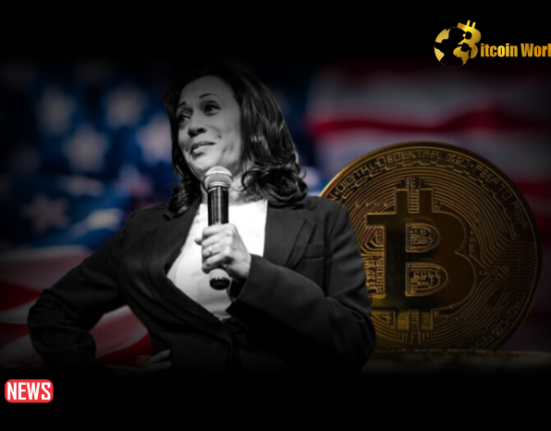Coinbase, the largest US crypto exchange, received a Class F license from the Bermuda Monetary Authority (BME) under the Digital Asset Business Act a day after reporting its probable relocation.
The crypto community speculated on how the exchange would handle US crypto regulatory scrutiny without relocating. Following the authorization, Coinbase may establish an offshore futures exchange platform next week. Cryptocurrency-related perpetual swaps can be traded offshore.
The study states that Coinbase can sell and issue tokens under its Class F license. It authorizes Coinbase to trade digital assets and offer derivatives. The exchange chose Bermuda as one of its foreign centers due to its financial regulation experience.
Coinbase said: Bermuda was one of the first financial centers to pass complete digital assets regulation in 2018, and its regulatory framework is known for rigor, transparency, compliance, and cooperation.
The corporation announced this alongside its “global scale to go broad and go deep” update. Coinbase will create “regulated entities and local operations” to expand globally. It has also made progress with firms in Brazil, Canada, Singapore, Europe, and the UAE.
US crypto exchange: We will collaborate with governments and authorities in multiple regions to be the most trusted and compliant crypto company in any market, like we do in the US. Coinbase CEO Brian Armstrong advocated for clearer US and UK cryptocurrency rules on Tuesday. Armstrong claims that without such legislation, corporations may develop in “offshore havens” with less control and regulation.
Innovate Finance’s industry summit revealed this. Armstrong said the Bahamas-based FTX exchange’s demise last year showed the need for clearer standards. The CEO thinks offshore sites with fewer regulation threaten cryptocurrency authenticity.
Governments are scrambling to regulate cryptocurrency’s global rise. Due to the lack of established legal frameworks, governments regulate bitcoin differently, leaving numerous enterprises in regulatory gray zones. This makes it hard for companies like Coinbase to function legally and efficiently.
Armstrong has encouraged the US and UK to set an example and establish clear cryptocurrency regulations. Cryptocurrency could gain legitimacy and growth if both countries create appropriate business regulations.
As cryptocurrencies become more popular, governments must set clear and transparent rules to safeguard investors and support legitimate growth. Recent news may have affected the crypto sector. Global crypto market capitalization fell 5% to below $1.2 trillion in 24 hours.














